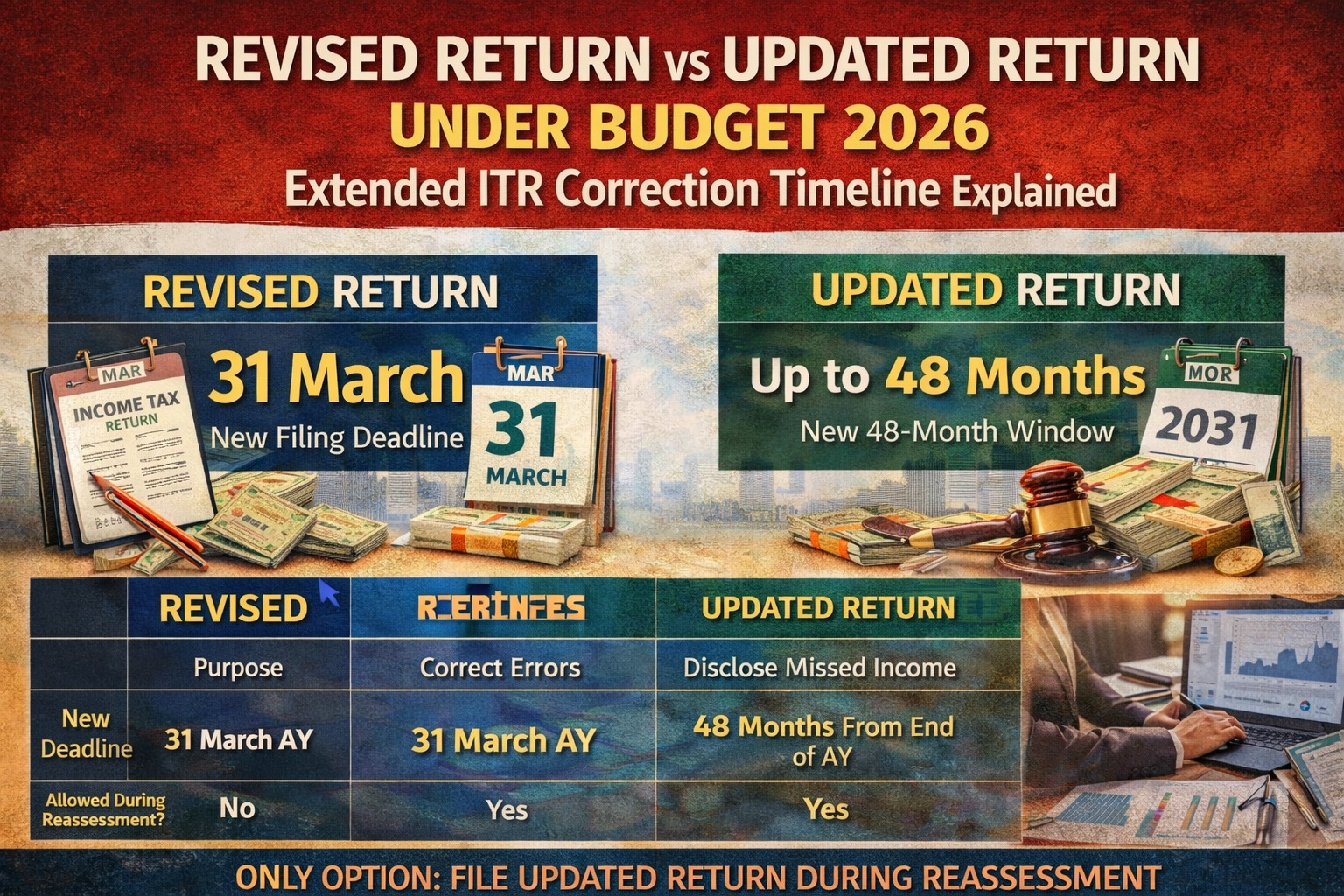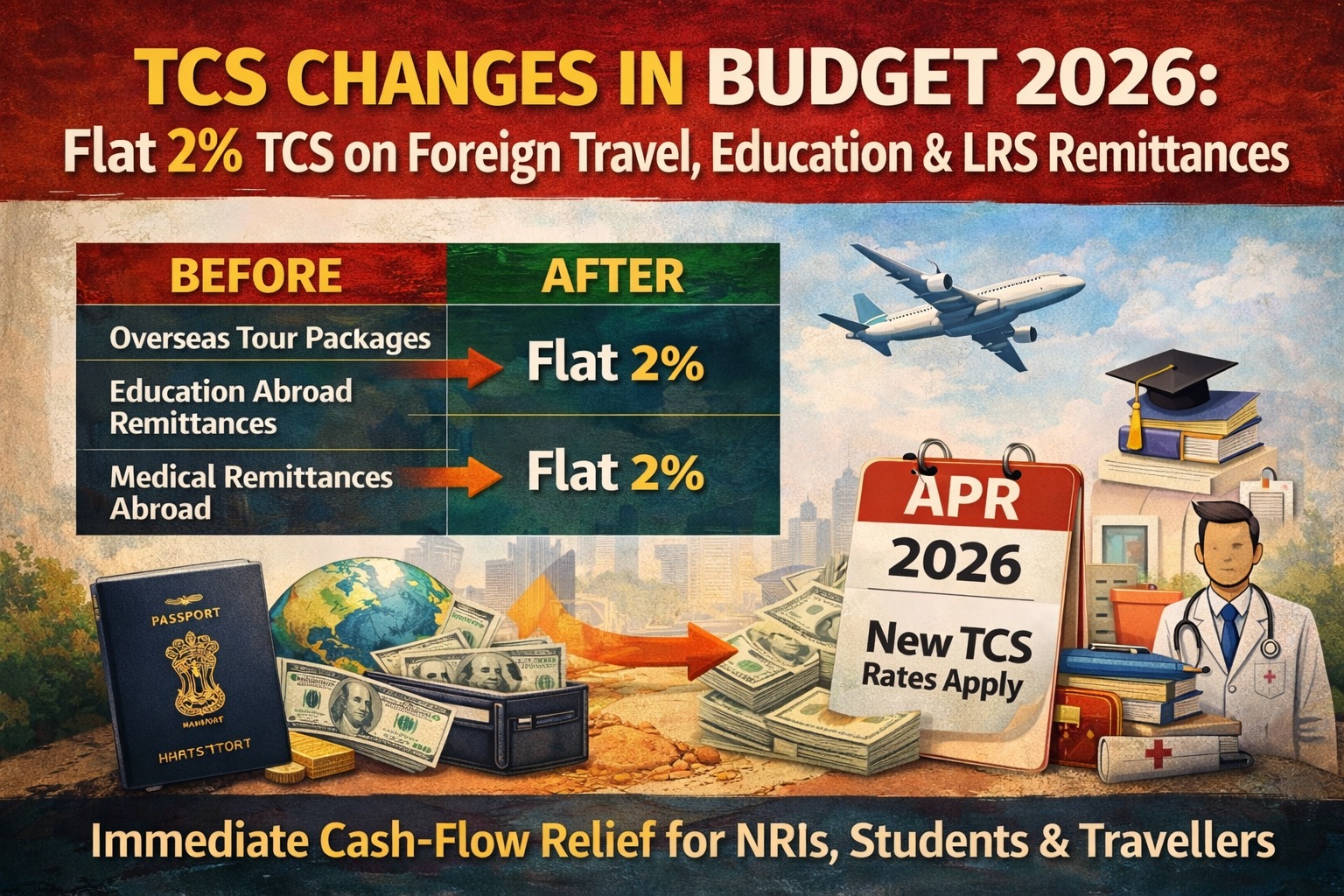 WhatsApp
WhatsApp
 Call Us
Call Us
 Email Us
Email Us
 Whatsapp Community
Whatsapp Community

An Income Tax Return (ITR) is a document where taxpayers report details of their income earned and the applicable taxes to the income tax department. The government requires individuals to file ITRs to assess their income and ensure that the correct amount of tax has been paid. Filing an ITR is mandatory, and it should be done on or before the specified due date. The deadline for filing an ITR is typically July 31 of the relevant financial year, unless an extension is granted.
If you want to claim an income tax refund from the department.
If you wish to apply for a visa
If the taxpayer is a company or a firm, irrespective of profit or loss.
If you have loss from business/profession or under capital gains head, you will not be allowed to carry them forward to the next years unless you file the return before the due date.
If you wish to claim rebate u/s 87A of Income Tax Act
Even if you do not fall into any of the above criteria but are looking forward to avail any kind of loan, then you should file ITR. ITR filings are taken as valid income proofs and are often asked while opting for any kind of loan
If your gross total income is more than the basic exemption limit-
|
Age Group |
Basic Exemption Limit |
|
For individuals below 60 years |
Rs 2.5 lakh |
|
For individuals above 60 years but below 80 years |
Rs 3.0 lakh |
|
For individuals above 80 years |
Rs 5.0 lakh |
If your income is below the basic exemption limit, you will still be required to file your tax return if you meet any of these conditions:
Deposited more than Rs 1 crore in 'current' bank account: You have to mandatorily file a tax return if you have deposited a total of Rs. 1 crore or more in one or more current accounts with a bank. However, no such requirement has been specified for deposits made in with post office current accounts; or
Deposited more than Rs 50 lakh in 'savings' bank account: You have to mandatorily file a tax return if you have deposited a total amount of Rs 50 lakh or more in one or more of your savings bank accounts.
Spent more than Rs 2 lakh on foreign travel: You have to mandatorily file a tax return if you have incurred a total expenditure of more than Rs 2 lakh on foreign travel whether for yourself or any other person; or
Electricity expenditure is more than Rs 1 lakh: You have to mandatorily file a tax return if you have incurred more than Rs.1 lakh towards electricity consumption during the previous year; or
TDS or TCS is more than Rs 25,000: If the tax deducted at source (TDS)/ tax collected at source (TCS) exceeds Rs 25,000 in the previous year. In the case of a senior citizen (above 60 years), this limit is Rs 50,000.
Business turnover is more than Rs 60 lakh: In case you are a businessman and your total sales, turnover, or gross receipt is more than Rs 60 lakh during the previous year, then you have to mandatorily file a tax return
Professional income is more than Rs 10 lakh: You have to mandatorily file a tax return if you are engaged in a profession and your gross receipts are more than Rs 10 lakh during the previous year.
If you are a beneficial owner or beneficiary of any asset outside India
If you are a signatory to a foreign bank account.
If you are mandated to file an ITR and still miss the deadline for filing ITR, you can still file your tax return. A return filed after the deadline will be termed as a belated ITR. However, you will be liable to pay a penalty and miss out on other benefits if you file a belated ITR.
1. Penalty amount: A penalty of Rs 5,000 will be payable if ITR is filed after the expiry of the deadline, which is July 31, 2023, currently. However, if your taxable income is below Rs 5 lakh, then penalty amount will not exceed Rs 1,000. For net taxable incomes below Rs 5 lakh, there is no tax liability due to tax rebate under section 87A.
2. Carry forward of losses: While filing belated ITR, you cannot carry forward losses from stocks, future and options (F&O) and others. However, a belated ITR will allow you to carry forward loss from house property.







Stay in the loop, subscribe to our newsletter and unlock a world of exclusive updates, insights, and offers delivered straight to your inbox.